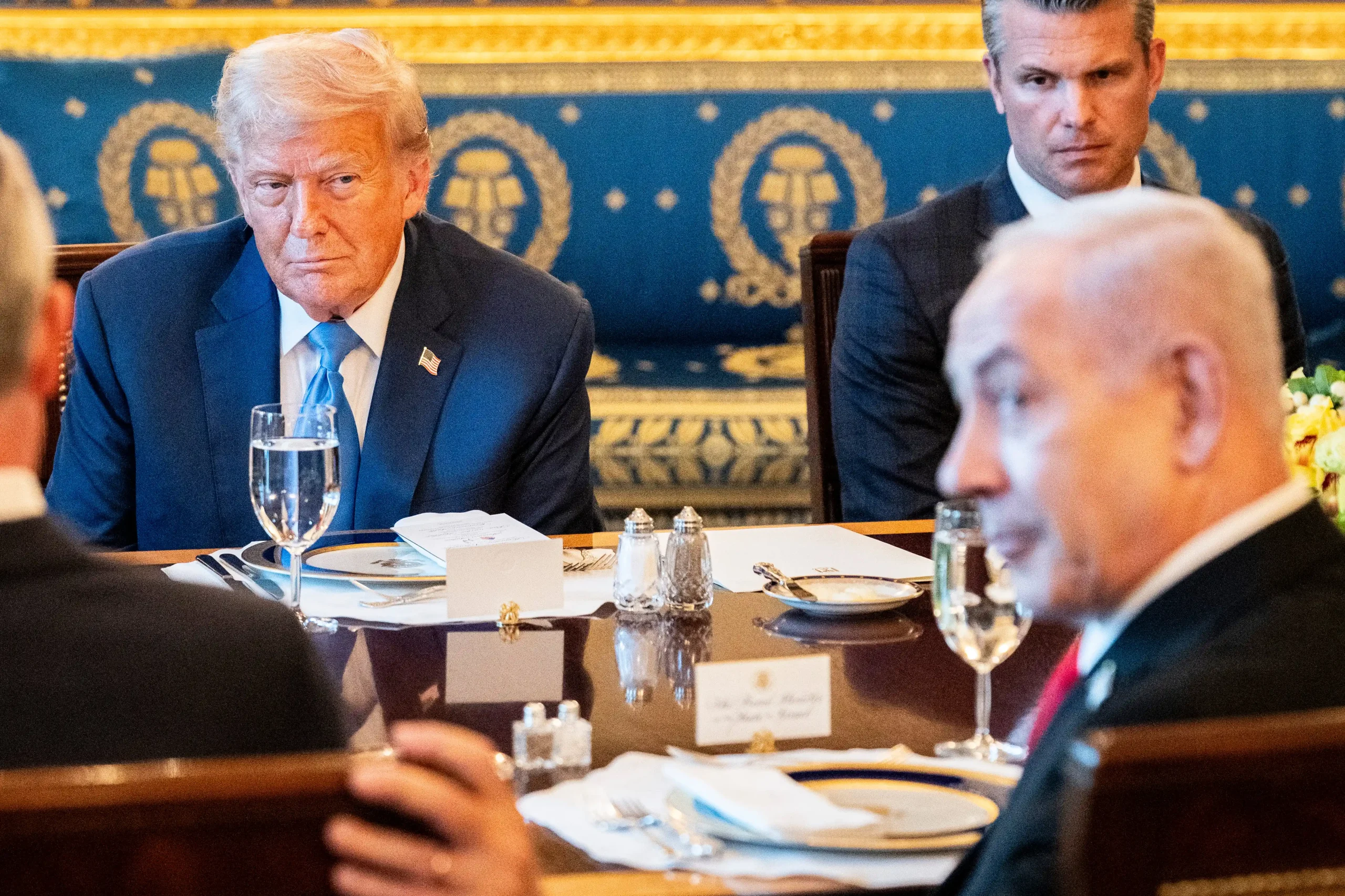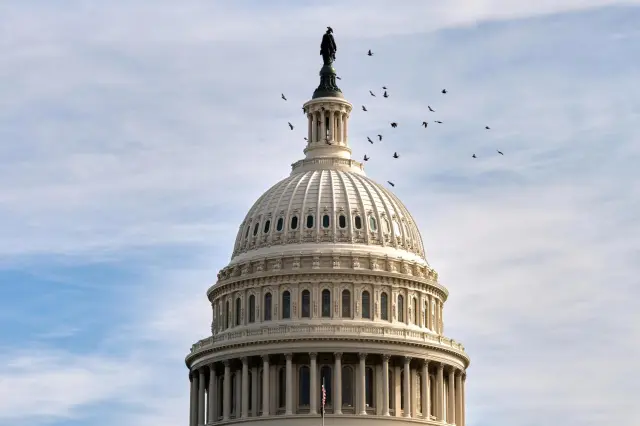TRUMP’S MIDEAST GAMBIT: CAN HE KEEP NETANYAHU ONBOARD AFTER THE DEAL?

Political calculus after a dramatic prisoner exchange
Israel’s remaining living hostages are out of Gaza after a sweeping exchange. President Donald Trump declared “the war is over” and is preparing a high-profile address, with a separate signing ceremony planned in Egypt. The breakthrough caps weeks of shuttle diplomacy and pressure on Prime Minister Benjamin Netanyahu to accept terms. The focus now turns to implementation: border security, aid corridors, and reconstruction plans that require money and monitoring. Washington wants calm to stick; regional partners want guarantees on sequencing and verification. Israeli politics remain volatile. Netanyahu must sell concessions to a restless coalition and public still grieving and angry. The opposition will probe what Israel gained, what it gave, and who will be held to account.
Keeping a fragile peace from unraveling
Any deal’s durability hinges on enforcement and incentives. Mediators are pushing phased steps: continued hostage accounting, demobilization benchmarks for militants, and clear triggers for sanctions if terms are violated. Egypt’s role at Rafah will be pivotal for aid and policing, while Qatar’s leverage over factions will be tested as cash and reconstruction projects ramp up. The U.S. and Europeans are discussing a civilian observer mission and a financing facility to front-load relief without rewarding spoilers. Inside Israel, the security establishment wants time to reconstitute deterrence and rotate exhausted units. For Trump, the politics are immediate: deliver a visible dividend—lower regional risks, steadier energy markets, fewer missile alerts—or face criticism that he traded leverage for headlines. The coming weeks will show whether deterrence, diplomacy, and domestic politics can coexist without re-igniting conflict.




















